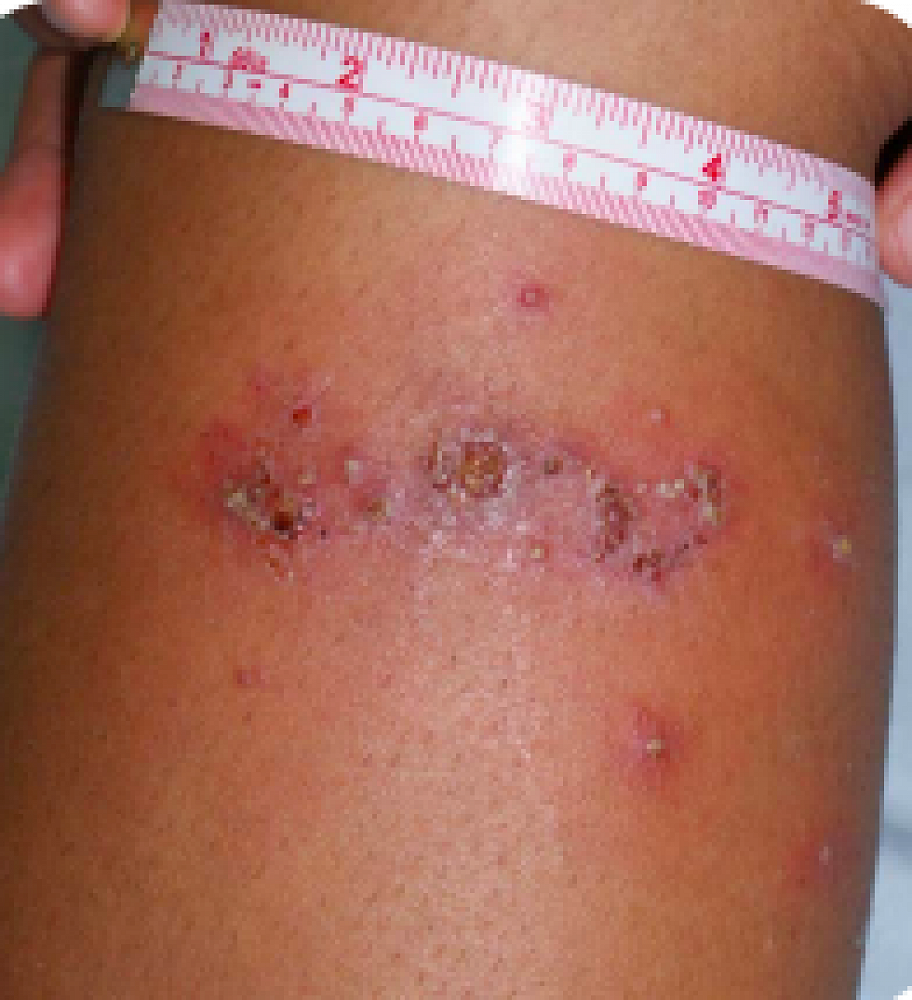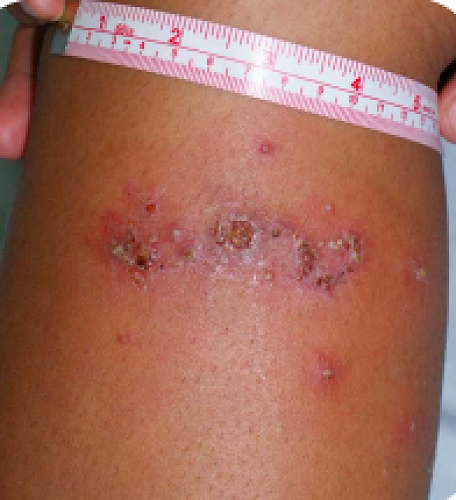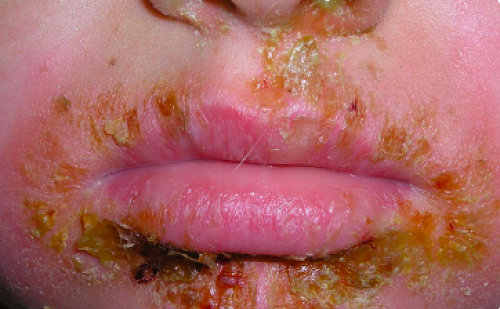
Impetigo (School Sores)
Impetigo is highly infectious, and there have been quite a few cases in Māpua lately. Please read this information, so that you can recognise symptoms and know how to treat them if you suspect your child has impetigo (school sores).
Impetigo (you say, im-pa-ty-go), also known as school sores.
Blisters on exposed parts of body, such as hands, legs and face.
Blisters burst and turn into a sore with a yellow crust that gets
bigger each day.
The sores are itchy.
The sores spread easily to other parts of the skin. Impetigo is
easily spread to other children and adults if they touch the sores.
What to do:
Go to the doctor.
Check and clean every day.
Gently wash the sores with warm water and a soft cloth. Wash the sores until the crust comes off and wash away the pus and blood.
Check other children for impetigo. Use any cream from the doctor on the sores.
Cover sores with a cloth or plaster to help stop the infection from spreading.
Keep your child’s nails short and clean.
Wash your hands before and after touching the skin or sores.
Make sure your child washes their hands
often, especially if they touch the sores.
Blisters on exposed parts of body, such as hands, legs and face.
Blisters burst and turn into a sore with a yellow crust that gets
bigger each day.
The sores are itchy.
The sores spread easily to other parts of the skin. Impetigo is
easily spread to other children and adults if they touch the sores.
What to do if impetigo gets worse
You need to go back to the doctor if any of these things happen:
sores last more than a week
sores become red or swollen
sores have pus in them
your child has a fever
The infection may have spread to other parts of the body or blood.
Your child may need blood tests and antibiotics.
It is important to take the antibiotics every day until
they are finished, even if the impetigo seems to have
cleared up earlier. The antibiotics need to keep killing
the infection in the body after the skin has healed.
How are school sores spread?
Fluid or pus from sores gets
on other skin. Keep sores
clean and covered.
Time off from kura or school
One day after treatment has started,
or check with your doctor or public
health nurse or school.
Information Source:
Ministry of Health https://www.health.govt.nz/system/files/documents/topic_sheets/skin-conditions-impetigo-nov13.pdf
Gallery


